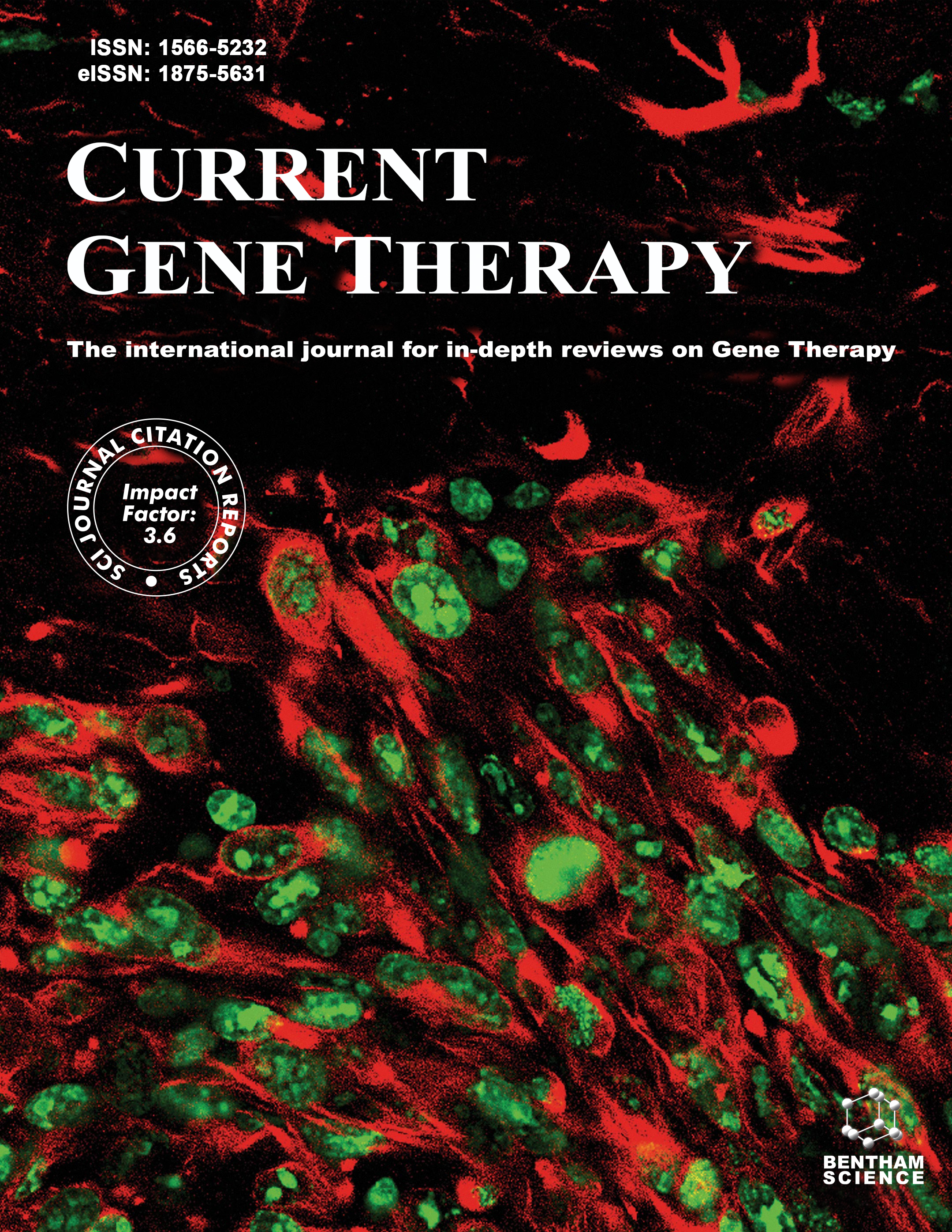
-
f Polysaccharide-Based Delivery Systems for CRISPR/Cas Gene Therapy: Overcoming Challenges and Advancing Pharmaceutical Solutions
-
-
- 11 Nov 2024
- 23 Jan 2025
- 10 Mar 2025
Abstract
The advent of CRISPR/Cas gene-editing technology has revolutionized molecular biology, offering unprecedented precision and potential in treating genetic disorders, cancers, and other complex diseases. However, for CRISPR/Cas to be truly effective in clinical settings, one of the most significant challenges lies in the delivery of the CRISPR components, including guide RNA (gRNA) and Cas protein, into specific cells or tissues. Safe, targeted, and efficient delivery remains a critical bottleneck. Viral vectors, lipid nanoparticles, and synthetic polymers have been explored, but they come with limitations, such as immunogenicity, toxicity, and limited delivery capacity. Polysaccharide-based delivery systems, with their natural origin, biocompatibility, and versatile chemical properties, offer a promising alternative that could address these delivery challenges while advancing the pharmaceutical applications of CRISPR/Cas gene therapy.

